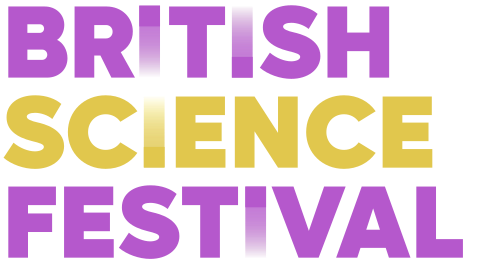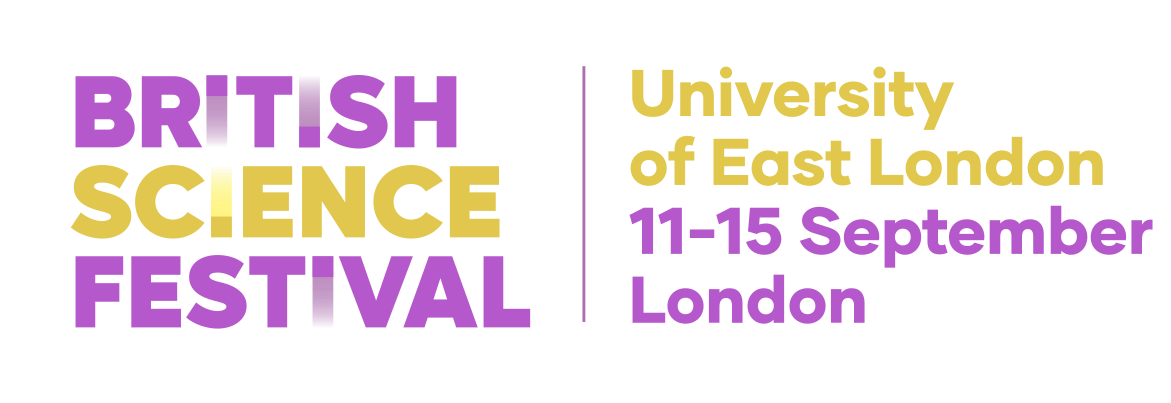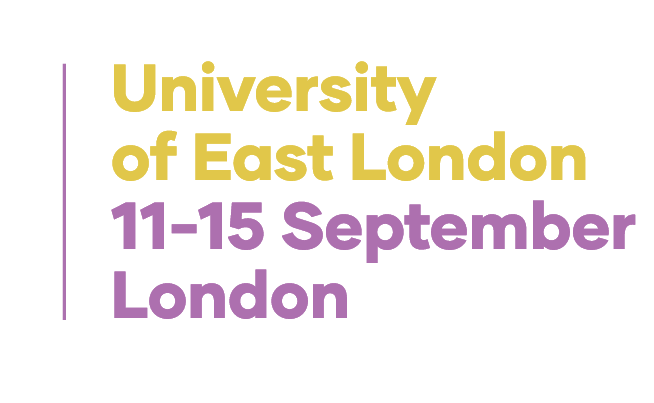It has been an extraordinary experience for our team of staff and students (Musarrat Maisha Reza, Shalinee Dhayal, Alexander Clarke, Osarumwense Akpata and Katie Briggs) engaging with a diverse group of curious members of the public, aged 16-75, from different walks of life at the British Science Festival (BSF). We delivered the workshop, “Decolonising Medicine: Travelling Through Time,” and went on a quest with participants to unearth the hidden and unspoken narratives of medicine, ultimately striving for a more equitable and inclusive society today and for our future.
Our team spent over six months collaborating with the BSF team, preparing for the much-awaited event, going over multiple iterations of the workshop design, to ensure that our participants are provided ample opportunities to participate in discussions and share their perspective. While history of medicine is grim and its impact is still interwoven in the fabric of our modern healthcare, we wanted to ensure our participants feel empowered to make recommendations and make changes within their capacities.
The event was held in a dome on Cathedral Green that was laid out into four sections. It began with a short video highlighting what decolonisation means and what it means in the context of medicine and healthcare. Attendees were then guided to travel ‘through time’ by moving to different stations- ‘Unravelling the Past’, ‘Impact on our Present’ and ‘Shaping the Future’.
Through heartfelt discussions and eye-opening revelations with over 70 participants, from across the Southwest, our audience delved deep into the intricacies of medicine’s historical and contemporary connections to colonialism, oppression, and discrimination. With open minds, curiosity and humility, the journey we embarked on together was both enlightening and transformative.
Sharing personal stories and igniting ideas for a more equitable future, we fostered an atmosphere of openness and change. At the end of the workshop, our participants left the workshop empowered which was our main aim, their hearts brimming with newfound knowledge and inspiration. They did not just leave with knowledge but with a new flame of passion to make a difference in their own spaces and share what they had learnt.
At the end, participants were asked to write a ‘What YOU can do’ call to action on a post it note. One participant wrote that they would like to, ‘Tell people at work about this session and people on my course on regenerative farming’ and another wrote, ‘Share what I’ve learnt. THANK YOU!’. Another participant wrote their call to action as ‘Do my own research, be active in making change happen.’
The process of decolonising medicine is not just a historical endeavour but a promise of a brighter, more equitable future. Together, we painted a picture of a world where healthcare is not tainted by the past but enriched by the diversity of human experience. As we explored the complex web of connections between medicine, colonialism, and discrimination, we began to see the profound impact these links have on our healthcare systems today. Participants also made recommendations on what changes should be made in medical education, medical research and technologies, medical practice and artificial intelligence.
We are grateful for the unwavering support of the University of Exeter Medical School and the British Science Association for helping us turn our vision into a reality.
The process of decolonising medicine is a powerful, transformative one but one that can also be exhausting. It is not just about the truth and healing the wounds of the past but about forging a path to a future where medicine and science are accessible to all, regardless of their background and our workshop at the British Science Festival was just one step on this incredible journey.
Decolonising medicine does not end here. In fact, this is just the beginning. With every move we make towards decolonising medicine, we are reclaiming the narrative of medicine and science for a better, more just society. Each idea, story, and suggestion shared during our workshop is a building block towards creating a more inclusive and compassionate future.
If you are interested in hosting an event at the British Science Festival 2024 we are now accepting proposals. Anyone can propose an event and the Festival celebrates science in its broadest sense. You can find out more here: www.britishscienceassociation.org/open-call. We are looking for proposals from individuals, researchers, industry professionals, artists, writers, organisations, charities, academic institutions, and more. To apply, please complete the proposal form by 23.59 on Tuesday 16 January 2024.
Reading List
Sowemimo, A. (2018). #DecolonisingContraception: how reproductive medicine has been used to oppress people of colour : CORTH Blog, Centre for Cultures of Reproduction, Technologies and Health : University of Sussex.
Malik, K. (2019). The spirit of eugenics is still with us, as immigrants know to their cost. The Guardian.
Haye, V. (2020, August 11). ‘We all bleed the same color’: Why do Black women in the UK experience disparities in gynecological care? Medical News Today.
Holpuch, A. (2017, July 14). Black patients half as likely to receive pain medication as white patients, study finds. The Guardian.
Elwell-Sutton, T. (2020, May 20). Emerging findings on the impact of COVID-19 on black and minority ethnic people. The Health Foundation.



